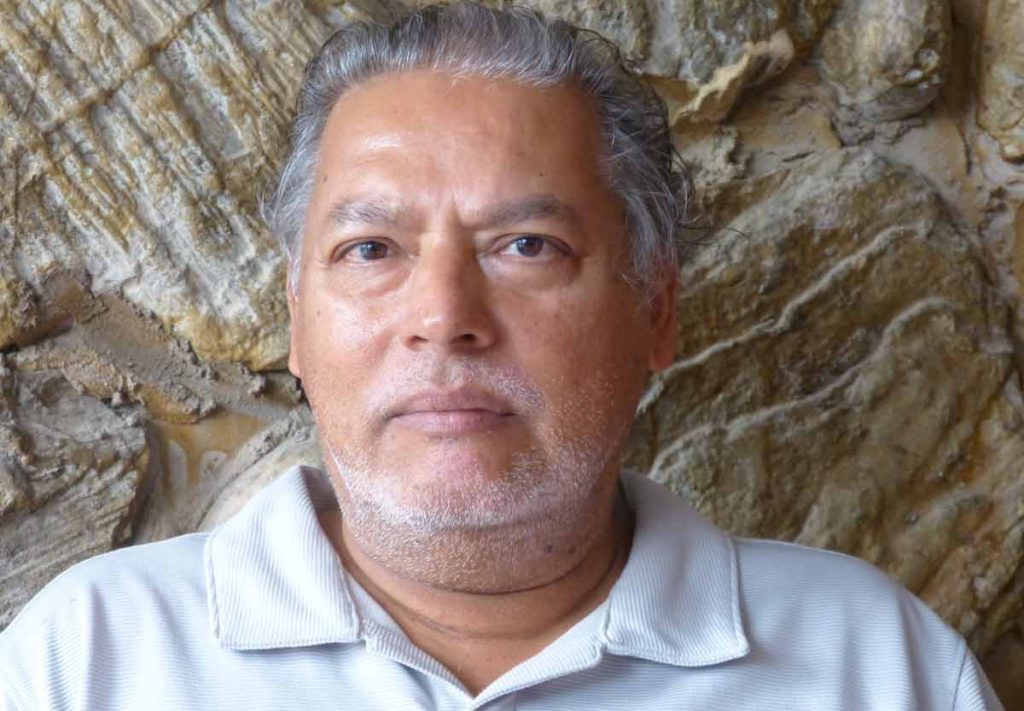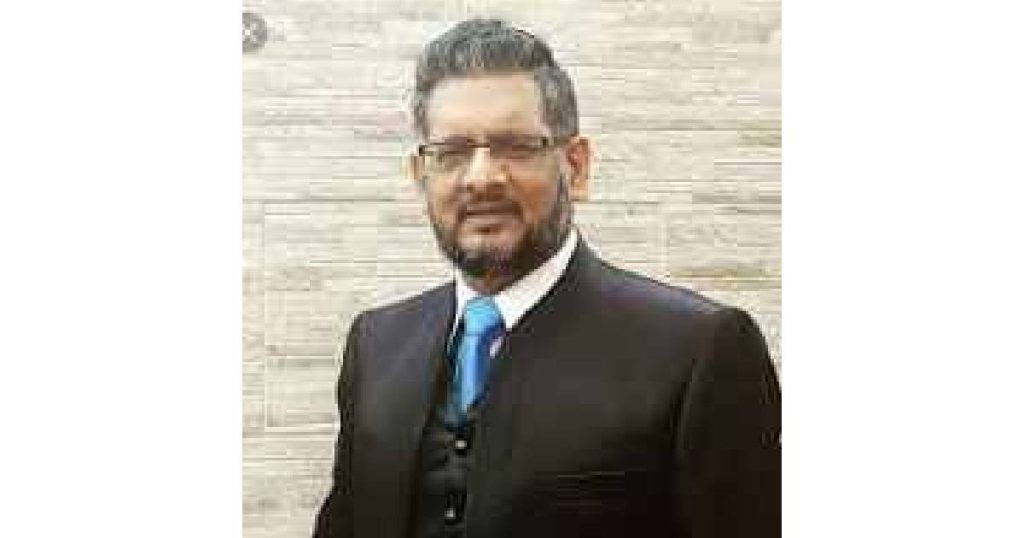By Dr. Devant Maharaj
The passing of Kamal Persad is not just the end of a life; it is the closure of an era that profoundly shaped the intellectual and cultural landscape of Trinidad and Tobago’s Indo-Caribbean community. Kamal was not merely an academic or a writer; he was a beacon of Indo-Trinidadian thought, rooted in the rich soil of Hindu philosophy and Indian history, yet flowering with a distinctly Caribbean perspective. His intellectual contributions transcended national borders, offering insights into regional and global issues through a lens that was, and still is, incredibly unique.
Kamal’s perspective was forged in the fire of history and tradition, yet it was never static. His work was characterized by a relentless questioning of the status quo, a trait that set him apart from his contemporaries. He once remarked, “To understand the Caribbean, one must look beyond the simplistic narratives of colonialism and independence. We must see the region through the eyes of those who were marginalized, who carried with them the cultural and spiritual wealth of ancient civilizations” .
My association with Kamal began in the early 1990s, introduced by Dr. Kumar Mahabir, another stalwart of Indo-Caribbean scholarship. What began as an intellectual exchange soon became a deep and transformative friendship. The average Trinidadian education, particularly at the secondary and tertiary levels, is steeped in the dominant narratives of Christianity, Western ideologies, and the aftermath of colonialism. Intellectual icons like Lloyd Best, Selwyn Ryan, and Eric Williams are revered, and rightly so. However, Kamal insisted that this was not the whole story. He believed passionately that the voices and experiences of the Indo-Caribbean community were equally vital to understanding our nation’s true identity.

Kamal once said, “We cannot allow our history to be defined solely by the colonial experience. We must reclaim the narratives of our forefathers, who brought with them not only their labor but their languages, their religions, their arts, and their philosophies”. This belief guided his life’s work, challenging the Afro-Christian-centric view of Trinidad and the Caribbean with a rich tapestry woven from Hindu and Indian threads. He drew on the wisdom of thinkers such as F.E.M. Hosein, H.P. Singh, Capildeo, Dennison Moore, K.O. Lawrence, and Sita Ram Goel, along with global intellectuals like Samuel Huntington and Vidia Naipaul, to craft a narrative that was at once local and universal.
Kamal’s methods were as unique as his ideas. Long after most had moved on to digital platforms, he remained devoted to his typewriter, a symbol of his commitment to tradition. His research was painstaking, involving countless hours in libraries and the meticulous clipping of newspaper articles, which he stored in a house overflowing with the evidence of his intellectual pursuits. Kamal’s dedication to preserving knowledge in its most tactile form was not just a personal quirk but a testament to his belief in the power of the written word. “In every scrap of paper lies a piece of our story, waiting to be told,” he would often say .
One of our most significant collaborations was the launch of “The Hindu Viewpoint” on 91.1FM, the first Indian/Hindu-oriented radio talk show in Trinidad and Tobago. Kamal’s command of the English language, coupled with his deep understanding of Hindu philosophy, made him a formidable presence on the airwaves. His ability to articulate complex ideas in a way that was both accessible and profound was unmatched. He had a gift for turning phrases that lingered long after the broadcast had ended, such as when he observed, “The true measure of a society is not in its monuments but in the values it upholds and the voices it chooses to remember” .
Over the years, Kamal produced a wealth of publications that consistently challenged the dominant narratives within Trinidad and Tobago. He was not content to simply observe; he actively engaged with the issues of his time, always from the perspective of an Indo-Trinidadian steeped in Hindu values. His writings, which often appeared in local newspapers and magazines, were sharp, insightful, and unafraid to confront uncomfortable truths. In his own words, “To remain silent in the face of injustice is to be complicit in its perpetuation. Our duty as intellectuals is to speak truth, even when it is inconvenient”.
The loss of Kamal Persad is irreplaceable. He was more than just a scholar; he was a guardian of Indo-Trinidadian culture, a custodian of our collective memory, and a fearless advocate for truth. His work will continue to inspire future generations, but his presence will be deeply missed. As we bid farewell to this giant of our community, we are reminded of his words: “History is not just the story of the victors; it is the echo of the voices that dared to dissent, that refused to be silenced”.
Kamal Persad’s legacy will undoubtedly live on, but the void his passing leaves in the intellectual life of our nation is profound. The Indo-Trinidadian community, and indeed all of Trinidad and Tobago, has lost a guiding light, a man whose life was dedicated to the pursuit of knowledge and the defense of cultural identity. His contributions were, and will continue to be, invaluable, but his absence marks the end of an era.
